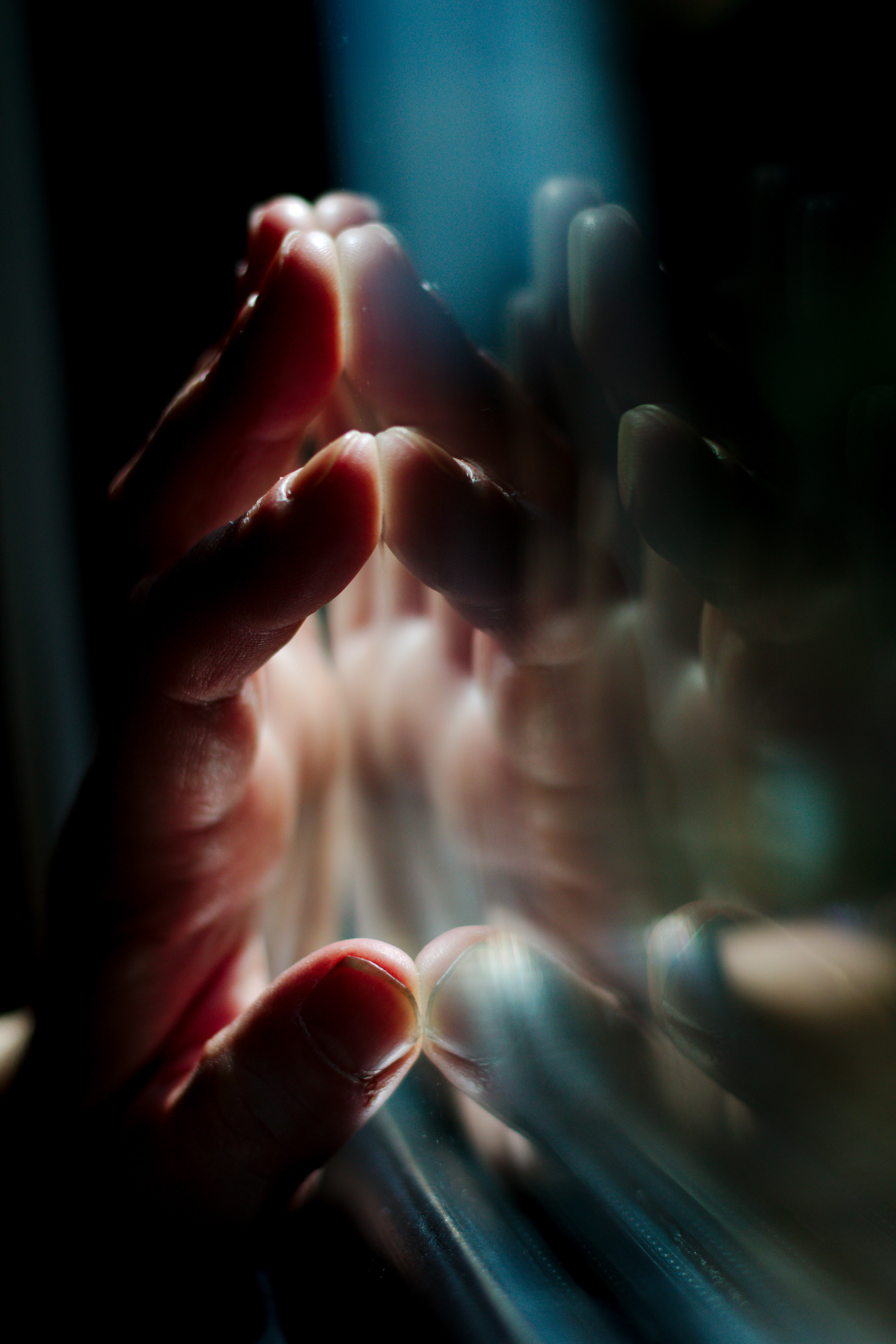
13 Jun Faith as Doubting Belief
[vc_row][vc_column][vc_column_text]
Faith as Doubting Belief: A personal reflection (JCM, Vol. 5 – 2013)
Rev. Dr. Rob James, Ph.D.
Visiting Lecturer in Religious Studies Department
University of Wales,
Newport Bream, Gloucestershire, UK
Abstract
This paper is a personal reflection revealing the author’s ideas of faith and belief to have previously been inadequate as they have focussed on believing in particular certainties, even when this way of thinking about faith proved self-destructive. The context for this way of approaching faith is the first few years of ministry in an Anglican/ Episcopalian church, which led to the author abandoning ministry for a number of years. The ideas of Wilfred Cantwell Smith and others are used to demonstrate that faith is more about a direction and less about certainties. The essay also proposes that the fundamental content of faith is action, often taken because of the ability to doubt accepted norms. On this basis, doubt is a useful element of true faith and good ministry. Faith is not something fixed but something that moves and develops. This is found to be of more practical use than lists of items to be believed as ‘true.’
[/vc_column_text][vc_column_text]
This essay is a personal reflection on ideas of doubt and certainty in my own faith, both from a religious, spiritual point of view and from a personal, psychological point of view.
My personal situation largely prevented the proper exploration of my religious doubt when it would have been most useful and yet this essay is an attempt to carry out that reflection now, some years later, in the hope that it may be useful to myself and to others. In order to set the scene, this personal reflection occupies the first (and shortest) section of this essay, although it continues at pertinent moments throughout the rest of the essay and is only completed in the conclusion. After the personal reflection has begun, I build on the ideas bought to light by examining what others have said, more eloquently than I, on these issues.
Most of this is guided by Wilfred Cantwell Smith’s work on faith and belief, but other theologians, including those who disagree with Smith, are also examined. There is a sense in which this is an essay written to myself, in order to bear witness to myself and to work out my own thoughts. Others are welcome to read, on the understanding that any conclusions I reach are probably somewhat provisional. Indeed, it may be that in this life this topic can only ever be provisional. However, in the conclusion I do reach some suggestions about the way in which faith and doubt can be viewed that I hope will be of use to others as well as to myself.
A personal experience of doubt
As a curate in the Church of England in a collection of twelve rural parishes, the aspect of my life I struggled with most of all was what I thought was the weight of the expectation to have faith. I did not have sufficient faith. Reflecting on this time now, some years later, it seems that it was not faith that was the real issue, but rather a lack of certainty. That is borne out by the fact that just two weeks before I ceased to work for the church or to celebrate its rites for some years, I was deeply involved in bringing someone to the Christian faith. I myself had no idea what faith I had left at this point nor what any of it meant, but could still see that faith was a good, even enviable, way of life. Maybe I was living vicariously through this new convert, hoping they could live a life I could not live. Maybe my involvement was from selfish motivations. Maybe, but I think not. I think I still had faith and hoped that others could have it too. Only a few close friends in the congregations knew that I was not going on to another Church job; I wanted everyone’s faith to be kept intact and had no wish to damage it.
[/vc_column_text][/vc_column][/vc_row]
Read More

